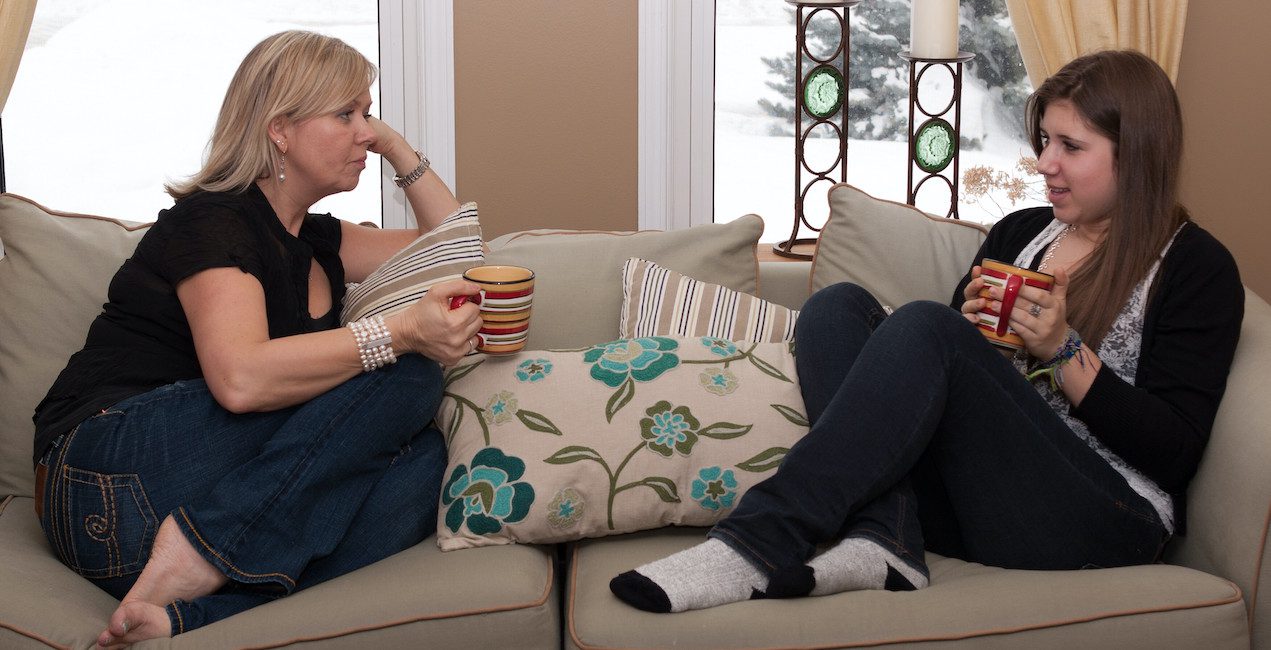Conflict at College Campuses
Posted in: Hot Topics
Topics: College Mental Health
There has been a lot of conflict on college campuses lately.
College campuses have always been places of debate, conservation, activism and advocacy. But some college students did not ask for or expect this situation. Many go to school with the expectation of focusing on separation, making new friends, studying new areas of interest, joining clubs – not being in the middle of what appears to be a war zone; not expecting to be threatened by encampments, police. These can be a disruption to forming an adult identity, becoming autonomous or simply partying. It is one thing to be a part of it, and that is an important learning experience, but another to have it thrust upon you.
Many college students may not have experienced political conflict outside of family interactions or secondary school. The conflict on college campuses that many students are seeing is not on the news – it’s where they learn and, in many cases, live, and may feel uncomfortably close to home and on a much larger scale than they have experienced before.
However, this is often part of belonging to a larger, diverse community. It can impact a young person’s life in varying ways and may even require coping. Situations like these will likely occur again at some point in their future, whether it be: at work, enduring a strike, or civil unrest in their community, such as experiencing disparities of diversity, equity, and inclusion in the form of microaggressions. Therefore, these protests should be seen as a learning experience for everyone, regardless of whether or not a college student is involved.
Many students and parents still may feel stressed and uneasy about life on college campuses right now. Here are some tips and strategies for college students and their parents to help reduce their feelings of unease and stress surrounding these protests:
If you are a College Student:
- Manage your Anger, Anxiety, and Stress: Talk to other friends, parents, teachers, clergy, mentors, and others. Ask about conflicts and disruption in their lives to get some perspective on how they coped and got through it.
- Self-care: Remember to get good sleep, exercise, good nutrition, use meditation, and creative arts – all to preserve your well-being and frustration tolerance.
- Students need to appreciate that conflict is a normal part of life. We need to accept it and learn to appreciate that whether in families or on campus, conflict, differences of opinion are normal and part of life. AND we need to cope with it – even if we are not part of it.
-
- Think about what kinds of conflicts you have experienced in your own life, apart from this. How have you understood and accepted them and how were they resolved?
- Appreciation of differences: Try to understand, using EMPATHY what the conflict is about and how important it is to others, even if disruptive to you. After all, it is part of your community. Try on assuming the role of one side of the conflict, say the demonstrators, and the other, the administration.
- Acceptance: These issues are super important to others and try to reflect on what has been important to you in your life, particularly if you have been involved in a conflict.
- Tolerance: This is tough but try to understand that though you may not be involved in the conflict, put yourself in the place of those involved.
- Be able to love others despite your disagreements or being put out of shape or disturbed by the conflict. This means learning to be resilient and know that the actions of others may seriously affect you, even if you are an innocent bystander.
If you are a Parent:
For parents who may be worried about their children or have added stress of feeling far away, what can you do to lend support? How do you make sure your teen is coping in a healthy way? Here are some key questions to consider:
- Have frequent conversations: Ask about how they are doing and especially about their mental health: are they distressed, anxious, depressed, stressed, lonely. And this should be ongoing, brief conversations. But remember not to be an added stress or come across as “checking up” on them.
- Do they have others to support them and talk with? Peers, teachers, mentors, guidance counselors?
- Do they feel pressured to take part, to take a stand? If so, ask about how they are participating. Ask if they are safe. If not, ask how they are coping? Is peer pressure an issue?
- Can they get their work done, and have time for fun and relaxation?
- Do they have a plan re: attending classes, going to campus, working remotely?
- Do they feel safe? If not, what can they do to help them ensure their safety?
This is not an easy time for students or parents. Having lived through the 60s and 70s, I have experienced firsthand many demonstrations and the strain between students, faculty, and administrators. While clearly stressful, as participant or observer, we can all work together to manage our feelings and behavior and make situations like this a learning experience.
Was this post helpful?
Newsletter
Subscribe Today
Your monthly dose of the latest mental health tips and advice from the expert team at The Clay Center.
SubscribeMultimedia
Quick Jumps
Tag Cloud
-
addiction
ADHD
adolescents
anorexia
anxiety
autism
behavior
CBT
child development
children
college
communication
covid-19
depression
digital media
dyslexia
eating disorder
evaluation
family
fear
healthy development
learning
learning disabilities
learning disability
mental health
mental illness
parenting
parents
Podcast
PTSD
relationships
resilience
school
shrinking it down
social media
stigma
stress
suicide
technology
teenagers
teens
therapy
trauma
treatment
violence

 Share
Share Tweet
Tweet




